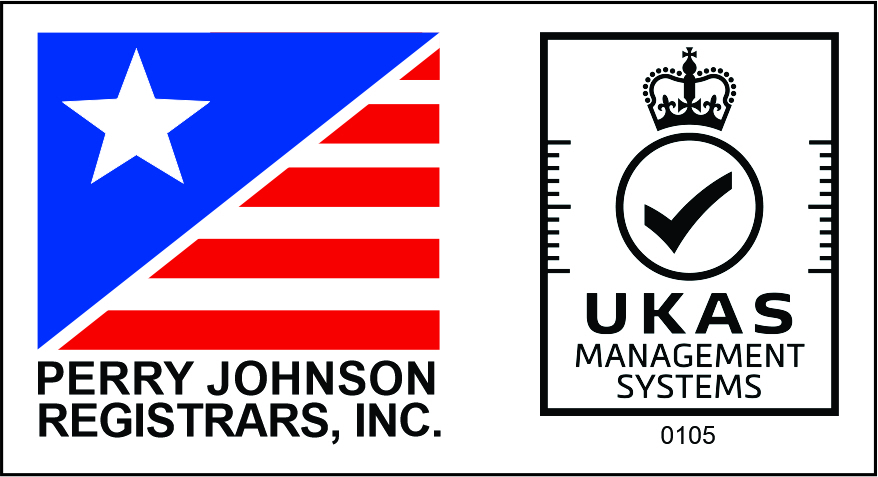- 22 May 2025
- 30 May 2025
- 3 min read
Speak to an expert : Live Chat
In this article we’re going to look at the factors affecting colocation services’ cost, including upfront cost for hardware and any additional charges.
Where the data centre is situated can play an important factor in the price. If you want to rent space in a major data centre such as Equinix or Telehouse it will come at a premium because they have major peering points with the London Internet Exchange, making it easier for organisations wanting to connect directly to companies like Google and Amazon.
This is literally the amount of space you need in the data centre for your equipment. Often, this will be called rack space and is usually the price you will see on a vendor’s website.
One of the biggest factors that will influence cost is how much power you want and how much power is available. Most providers will charge for the allocation of power, which could also include backup generators, as well as power usage. It’s important to bear in mind that each colocation data centre will offer varying levels of redundancy.
The amount of bandwidth you require and the IP transit will also have a bearing on the price. You will need to consider where your data is being transported to as well as how often, if you require it guaranteed 24/7 then you can expect to pay a premium.

When you’re looking at colocation services you need to consider how much it will cost to buy the hardware you need housing in the data centre. This usually isn’t provided by the data centre so you will need to take this into account as it will be a one-off upfront cost and may be pricey. £200 to £200,000.
Directly connecting to other organisations within a data centre is something that you need to consider when choosing your service. Whilst you may think it is necessary it can also be extremely costly with charges upto £1,500 for a single bit of fibre.
Now that we’ve given you a breakdown of the factors, we’re sure you’re thinking ‘that’s great but how much will these colocation services cost me?’ The honest answer is, it depends and the difference in pricing is huge, ranging from £2000 to £250,000 annually.


For further information on our IMS Policy contact:



Exa is a trading name of Exa Networks Limited | Registered Company Number: 04922037 | VAT Number: 829 1565 09 | © Copyright Exa Networks Limited 2024 | All Rights Reserved
Exa is a trading name of Exa Networks Limited
Registered Company Number: 04922037
VAT Number: 829 1565 09
© Copyright Exa Networks Limited 2024 | All Rights Reserved
| Cookie | Duration | Description |
|---|---|---|
| cookielawinfo-checkbox-analytics | 11 months | This cookie is set by GDPR Cookie Consent plugin. The cookie is used to store the user consent for the cookies in the category "Analytics". |
| cookielawinfo-checkbox-functional | 11 months | The cookie is set by GDPR cookie consent to record the user consent for the cookies in the category "Functional". |
| cookielawinfo-checkbox-necessary | 11 months | This cookie is set by GDPR Cookie Consent plugin. The cookies is used to store the user consent for the cookies in the category "Necessary". |
| cookielawinfo-checkbox-others | 11 months | This cookie is set by GDPR Cookie Consent plugin. The cookie is used to store the user consent for the cookies in the category "Other. |
| cookielawinfo-checkbox-performance | 11 months | This cookie is set by GDPR Cookie Consent plugin. The cookie is used to store the user consent for the cookies in the category "Performance". |
| viewed_cookie_policy | 11 months | The cookie is set by the GDPR Cookie Consent plugin and is used to store whether or not user has consented to the use of cookies. It does not store any personal data. |
Monday: 8:30am – 5pm
Tuesday: 8:30am – 5pm
Wednesday: 8:30am – 5pm
Thursday: 8:30am – 5pm
Friday: 8:30am – 5pm
Saturday: Closed
Sunday: Closed
Email: helpdesk@exa.net.uk
Phone: 0345 145 1234
Monday: 8am – 6pm
Tuesday: 8am – 6pm
Wednesday: 8am – 6pm
Thursday: 8am – 6pm
Friday: 8am – 6pm
Saturday: 10am – 4pm
Sunday: 10am – 4pm